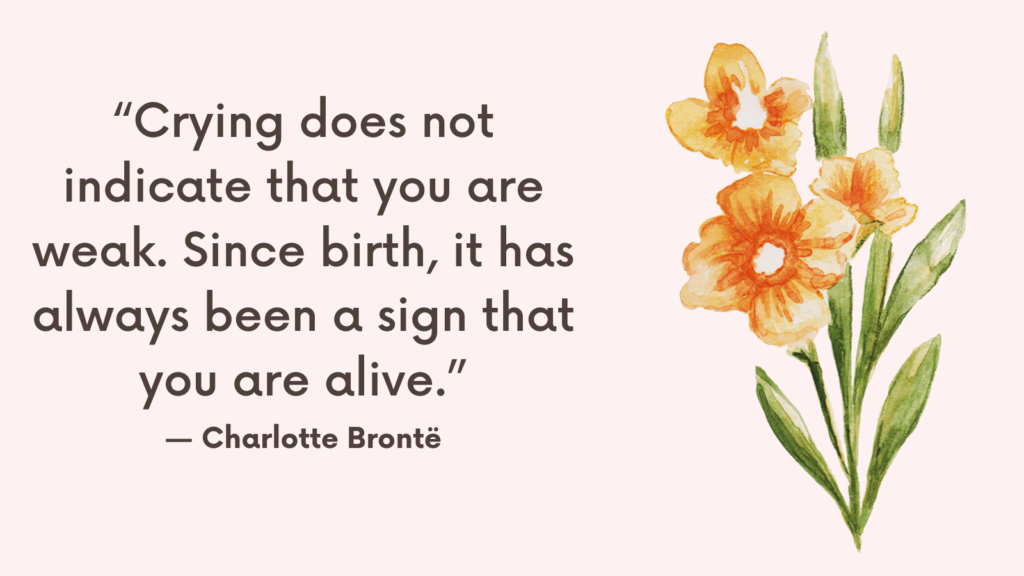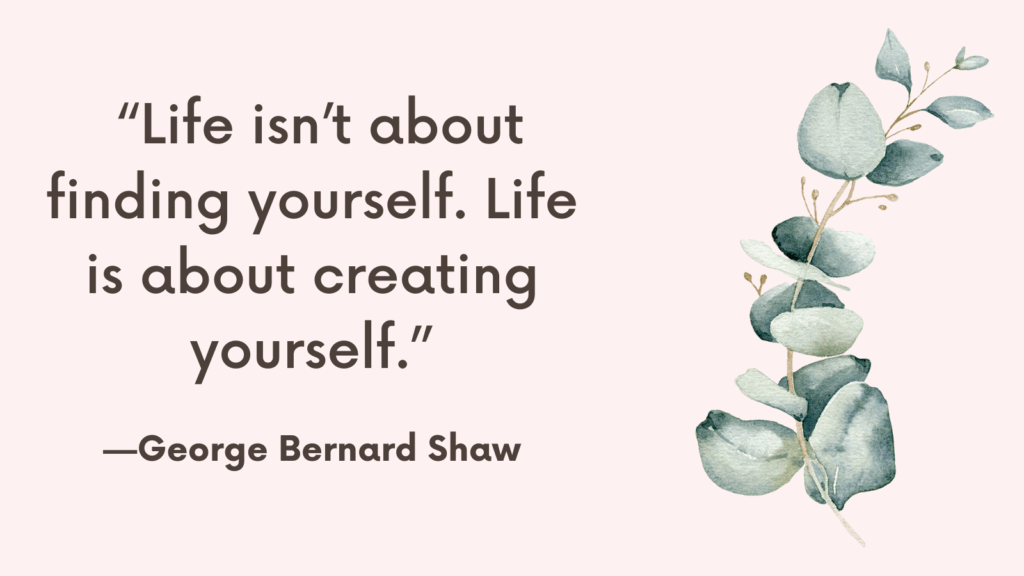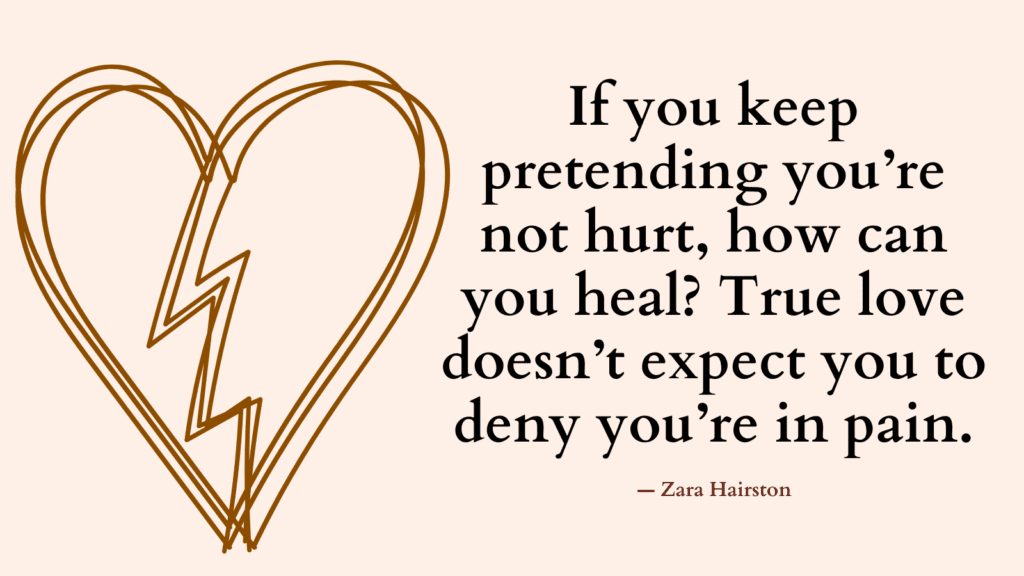This post contains childhood emotional neglect test.
What Is Childhood Emotional Neglect?
Childhood emotional neglect is a type of emotional abuse that often goes unrecognized.
This form of abuse is so subtle because it’s about something that didn’t happen.
Yet the effect of emotional neglect can be devastating, carrying over to one’s adult life.
Childhood Emotional Neglect Test: Was I Neglected As A Child?
Results
#1. Do you pride yourself on being independent and not relying upon others?
#2. Do you often find it difficult to ask for help?
#3. Do you tend to isolate yourself from others?
#4. Do you often feel like you don’t belong when you’re with your family or friends?
#5. Do you often feel uncomfortable in social situations?
#6. Do your friends or family complain that you are distant or aloof?
#7. Do you tend to judge yourself more harshly than you judge others?
#8. Do you often feel unhappy for no apparent reason?
#9. Do you have trouble naming your feelings in general?
#10. Do you have trouble calming yourself?
#11. Do you often feel there’s something wrong with you?
#12. Do you often feel empty inside?
This quiz is for informational purposes only. It is not meant as a diagnostic or assessment tool.
Results
The questions above represent common signs of childhood emotional neglect effects. If you answered yes to most of these questions, then you might be a survivor of childhood emotional neglect.
Related: Healing From Childhood Emotional Neglect In 6 Steps (+FREE Worksheets PDF)
The Lingering Harm of Childhood Emotional Neglect
Studies show that emotional neglect can have devastating consequences.
Children who were emotionally neglected are more likely to experience developmental delay, hyperactivity, aggression, depression, low self-esteem, substance abuse, and other emotional disorders.
Children who were emotionally neglected may become people pleasers or misbehave to get the attention they crave. (source)

How to Recover from Childhood Emotional Neglect?
1. Acknowledge That Neglect Is a Form of Harm
Emotional neglect often gets dismissed because it’s not dramatic or visible. You might tell yourself, “They did their best” or “I had food and shelter — I shouldn’t complain.” But survival isn’t the same as being emotionally seen. Recognizing that your needs were real — and unmet — is a crucial first step.
2. Name What Was Missing
You may not have words for what was absent. Try identifying what your younger self needed: Did you need soothing when upset? Encouragement? Safe space to express your feelings? Reflecting on what wasn’t there helps you understand why you struggle with certain emotions or relational patterns now.
3. Learn to Identify Your Emotions
If you were taught to suppress, ignore, or rush past your feelings, you may struggle to name them. Start with emotional vocabulary tools or journaling prompts like, “What am I feeling right now?” or “What did I need in that moment?” Labeling your emotions helps you build emotional literacy and reconnect with your inner world.
4. Reconnect with Your Needs
You may have learned that having needs made you a burden — so you stopped voicing them. Recovery means re-learning how to listen to your body and mind. Ask yourself throughout the day: “What do I need right now — physically, emotionally, mentally?” Give yourself permission to meet those needs without guilt.
5. Challenge the Inner Critic
Children who experience emotional neglect often grow up with a harsh internal voice. This critic echoes the emotional dismissals they heard — “Stop being dramatic,” “You’re too sensitive,” or “You’re fine.” Practice replacing those scripts with compassionate self-talk like, “My feelings make sense” or “I’m allowed to have emotions.”
6. Understand Your Relational Patterns
Neglect teaches you to suppress your emotions to stay “safe” in relationships. As an adult, you may:
- Struggle to ask for help
- Feel numb or overwhelmed in conflict
- Attract emotionally unavailable people
- Overfunction to be liked
Recognizing these patterns helps you respond with intention instead of reliving the past unconsciously.
7. Start Building Emotional Boundaries
When your emotions weren’t respected as a child, you may struggle to protect them as an adult. Begin practicing small emotional boundaries — saying no, sharing honestly, or pausing before responding. Boundaries aren’t selfish; they’re how you create safety for yourself.
8. Allow Yourself to Feel the Grief
Recovery includes grieving what you didn’t get. This isn’t about blaming caregivers endlessly — it’s about honoring the part of you that was left unseen. Letting yourself feel the sadness or anger you once had to suppress allows healing to begin at the root.
9. Reparent Yourself Gently
Start giving your inner child the emotional support they missed. When you feel overwhelmed, ask: “What would I say to a child feeling this way?” Offer yourself soothing words, physical comfort, or even creative expression. This helps rebuild self-trust and internal safety.
Conclusion
Recovering from childhood emotional neglect isn’t about blaming the past — it’s about meeting yourself now with the care you deserved all along. You are not broken, needy, or “too much.” You are someone learning to feel, trust, and belong — starting with yourself.
References
- Portions of this article were adapted from the book Running on Empty, © 2012 by Jonice Webb. All rights reserved.
- The Distal Consequences of Physical and Emotional Neglect in Emerging Adults: A Person-Centered, Multi-Wave, Longitudinal Study – PMC (nih.gov)
- Emotional abuse and neglect: time to focus on prevention and mental health consequences – PMC (nih.gov)
- Frontiers | Childhood Emotional Neglect and Adolescent Depression: Assessing the Protective Role of Peer Social Support in a Longitudinal Birth Cohort (frontiersin.org)
- Emotional Neglect – an overview | ScienceDirect Topics







